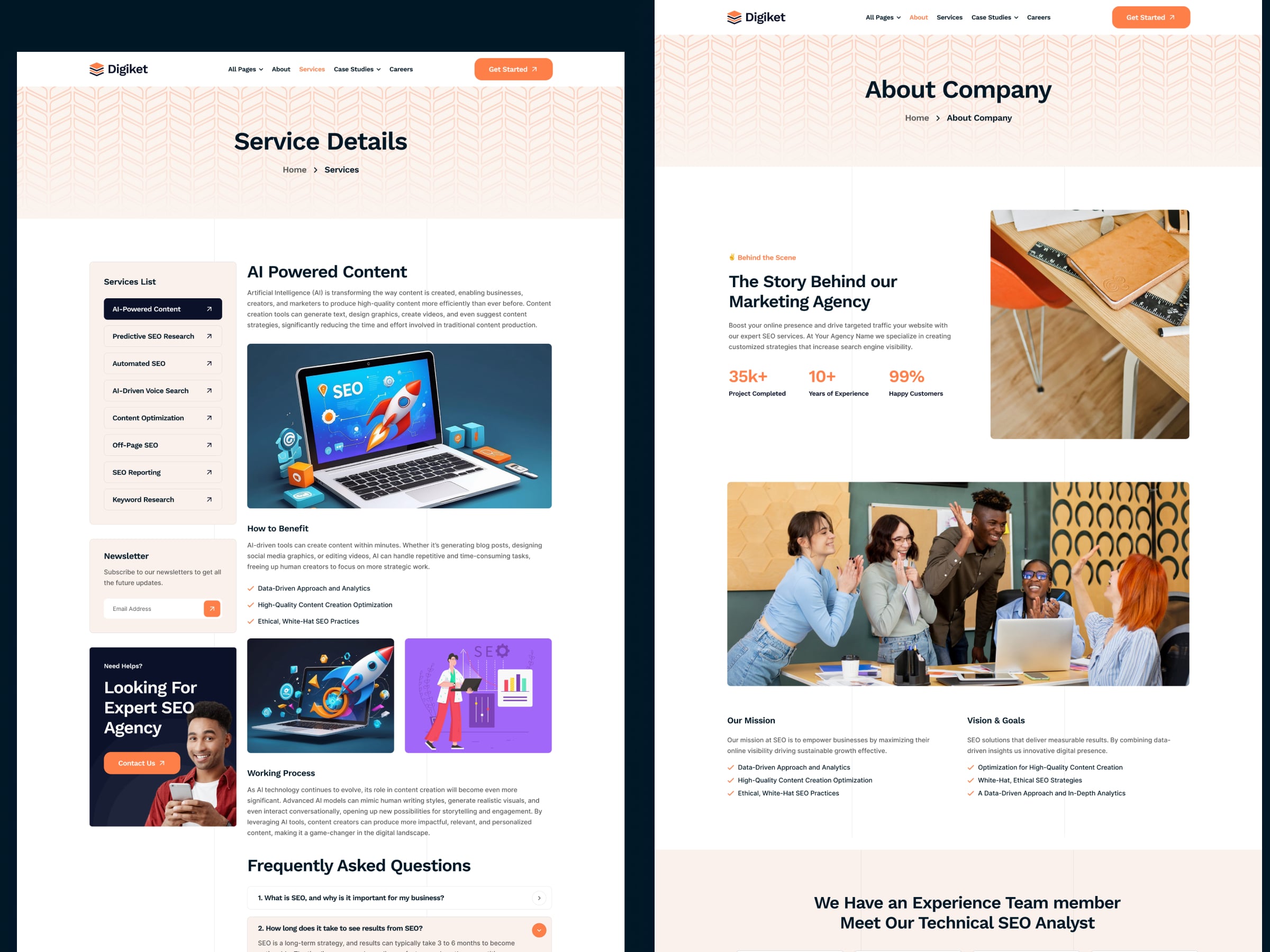Roof Maintenance and Inspection: Protecting Your Investment for the Long Term
Mar 7, 2024
Jessica Martin, Roofing Industry Specialist
6-7 min to read
Roof Maintenance and Inspection: Protecting Your Investment
Regular maintenance and thorough inspections are essential to prolong the life of your roof and prevent costly repairs. A well-maintained roof ensures that minor issues don’t escalate into major problems, safeguarding the structural integrity of your home or commercial building. Here’s an overview of key maintenance practices, what to look for during inspections, and the benefits of proactive roof care.
Why Roof Maintenance Matters
Over time, roofs endure natural wear from exposure to the elements — including sun, wind, rain, and temperature fluctuations. Maintenance helps identify early signs of damage such as missing shingles, leaks, or deteriorated flashing before they compromise the roof’s performance.
Routine upkeep reduces the risk of water infiltration, mold growth, and structural decay, ultimately saving you money by avoiding premature roof replacement.
Key Roof Inspection Components
Visual Inspection: A thorough examination of the roof surface, gutters, and downspouts to detect cracks, loose or missing shingles, damaged flashing, and signs of water damage.
Attic Inspection: Checking the attic for moisture, mold, daylight penetration, and proper ventilation helps reveal hidden leaks and insulation issues that affect energy efficiency.
Structural Assessment: Ensuring the roof deck and supporting framework remain sound and free from rot or pest damage is crucial for overall roof health.
Drainage Check: Clearing debris from gutters and downspouts ensures proper water runoff, preventing water pooling that can deteriorate roofing materials.
Best Practices for Roof Maintenance
Regular Cleaning: Removing leaves, moss, and dirt prevents moisture retention that accelerates material decay.
Prompt Repairs: Addressing issues such as leaks, damaged shingles, or compromised flashing quickly minimizes further damage.
Seasonal Inspections: Scheduling inspections before and after extreme weather seasons ensures your roof is prepared to withstand environmental stressors.
Professional Maintenance Plans: Partnering with a qualified roofing contractor for scheduled maintenance provides expert care and peace of mind.
Benefits of Proactive Roof Care
Extended Roof Lifespan: Routine maintenance can add years to your roof’s service life, maximizing your initial investment.
Improved Energy Efficiency: Maintaining proper ventilation and insulation reduces heating and cooling costs.
Enhanced Safety: Detecting and repairing damage promptly helps prevent structural hazards and protects occupants.
Preserved Property Value: A well-maintained roof contributes to overall home value and curb appeal.
Applications of Roof Maintenance
Residential Properties: Homeowners benefit from regular roof checkups to avoid unexpected repairs and maintain comfortable living conditions.
Commercial Buildings: Businesses rely on maintenance to ensure uninterrupted operations and avoid costly downtime due to roof failures.
Property Management: Multi-family units and rental properties require consistent roof care to protect assets and tenants.
Historic and Specialty Roofs: Older or uniquely designed roofs demand specialized inspection and maintenance to preserve architectural integrity.









